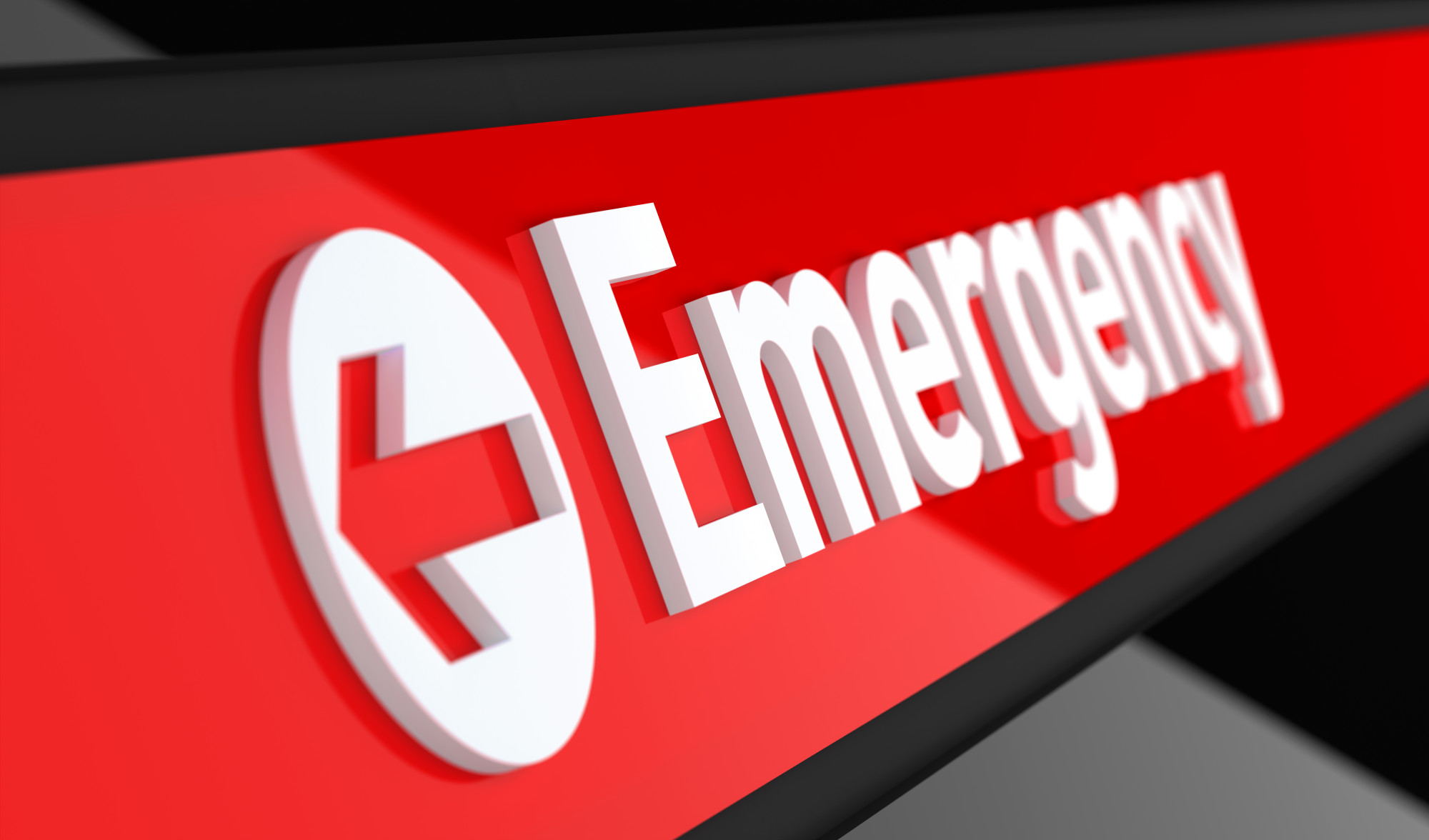Children’s bodies differ from adult bodies in several ways. One of those differences involves how often children get sick.
A child’s immune system is significantly undeveloped compared to an adult’s. Because of this, it’s easier for children to get sick, which is why they become ill more often than adults.
Sometimes, these sicknesses seem light. Most parents don’t panic if their child gets a cold. But, in other circumstances, their condition may be more worrying.
That’s when urgent care for kids comes in. An urgent care facility can quickly assess your child’s condition and provide prescriptions to help them improve.
If you’re unfamiliar with urgent care pediatrics, keep reading! You’ll discover essential information about urgent care for children in this guide.
What Is Urgent Care for Kids?
The first thing to know about pediatric urgent care is what they are. These centers specifically provide medical care for children who need immediate medical attention. However, these issues aren’t so severe as to require an emergency room.
Urgent care centers have some advantages that your child’s regular doctor generally won’t provide. First, urgent care facilities often provide after-hours medical care. If your child becomes sick at 9:00 pm, you can take them to urgent care.
Most urgent care facilities also don’t require appointments. When you first arrive, you’ll sign into their system. Then, you can wait until the doctor becomes available to offer urgent care treatment.
Pediatric Urgent Care Treatment Has Become More Popular
Urgent care clinics have become increasingly popular across the US. With this rise in popularity have come many more pediatric urgent care clinics. A 2018 survey revealed that roughly 21% of urgent care centers were dedicated to pediatric treatment.
Not all pediatric urgent care centers operate the same way. Sometimes, private companies run urgent care. Some companies even own a large-scale franchise of urgent care centers.
In other cases, hospitals may run an urgent care center as an extension of their treatment network. Some of the nation’s greatest children’s hospitals operate urgent care facilities in their areas.
Most urgent care centers focus on adults and their health concerns while accepting children. However, many urgent care centers focus specifically on pediatric care. These facilities are more likely to staff pediatric doctors, nurse practitioners, or physician’s assistants.
When Should You Take Your Child to an Urgent Care Center?
We’ve already mentioned that urgent care centers are best for issues that aren’t severe enough for hospital care. So, how can you know when it’s best to take your child to urgent care instead of an emergency room?
First, understand the differences between your primary care physician, an urgent care facility, and an emergency room. Your primary care physician focuses on overall wellness for your child. Emergency rooms provide high-end emergency care on the other end of the medical spectrum.
Urgent care falls between these two extremes. Some of the following symptoms and conditions can be suitable for urgent care treatment:
- Asthma
- Fevers
- Colds
- Ear infections
- Sore throats
- Vomiting (without blood)
- Diarrhea (Without blood)
- Sprains and fractures
- Mild skin rashes
Conditions like these may require attention but generally aren’t severe. However, there are much more severe symptoms that require emergency care treatment. Some of these include:
- Fevers surpassing 100.4 degrees in infants below two months of age
- Ingestion of a poisonous substance
- Loss of consciousness
- Changes in behavior after an injury
- Acute breathing struggles
- Severe bleeding
- Protruding bones
Other issues can wait until your primary care physician becomes available. These issues may include mild coughs and low fevers.
Do Your Research
Urgent care facilities are still relatively new to the medical world. As such, many of these centers provide differing services for pediatric care.
For example, some pediatric urgent care centers may have a radiologist for X-rays and a lab for blood work. Other centers may have fewer tools on hand to perform these examinations. So, research to find an urgent care that offers the services and equipment you need.
What Happens When You Take Your Child to Urgent Care Centers?
The first thing you’ll do when you go to an urgent care center is check in. You’ll likely have a triage nurse who takes your name and contact information. Next, they’ll ask about your child’s symptoms and how long they’ve been impacting them.
From there, this professional will give you an estimated wait time. Some facilities may have a check-in kiosk instead of a triage nurse.
However, these kiosks will request the same information from you. Once you enter this information, you’ll receive a wait time estimate.
The doctor will call you into their office when it’s time for your visit.
Remember, it’s essential to have a summary of your child’s medical records. Ensure you can tell this physician about your child’s:
- medications
- allergies
- doctors
Please note any pre-existing medical conditions that your child may have as well. One example of this is asthma. Also, note how the doctor should respond if this condition requires action during the visit.
Finally, remember your urgent care pediatrician’s name. You may need these medical reports when you visit their pediatrician.
Your urgent care physician will ensure your child receives a proper diagnosis. If necessary, they can also conduct tests to narrow down their condition.
Visit Our Pediatric Urgent Care Center
Understanding how urgent care for kids works can help you find the best treatment. Once you know how these facilities work, you can get the best care for your child.
If you live near one of our locations, try our facilities! We offer several services to ensure your child remains healthy. Our work includes providing sports physicals and X-rays for children.
If you need this care, don’t hesitate! Contact us today to check in with our office.


